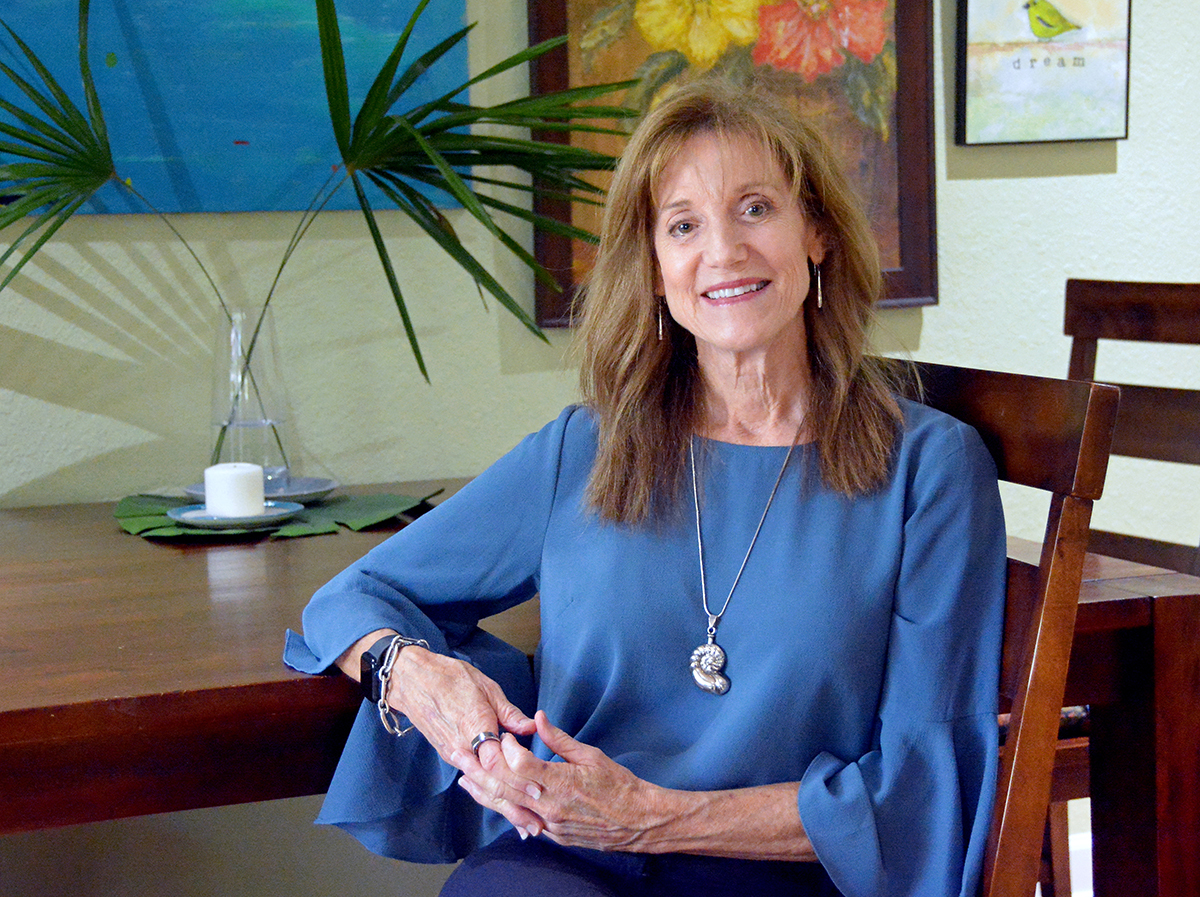We are celebrating our third anniversary with the debut of a new feature. Healthy Discourse is a series of stories focused on physical, mental, financial and professional health. Winter Park-based experts will offer advice, insight, and even inspiration through a brief conversation inspired by one question. Our first installment focuses on mental health.
As the pressures of society, work, and family life seem to mount on a daily basis, the need for self-care has become a national conversation. The stigma surrounding mental health has eroded to the point where people are more willing to admit they need help, but there are small daily changes that can make a big difference.
Jill Hamilton Buss is a licensed mental health counselor and longtime Winter Park resident. Inspired by a desire to help others, she pivoted from a career as a marketing and communications specialist. In 1992, she earned a master’s degree in mental health counseling from Rollins College.
“I think the pandemic, as awful as it was, actually brought the importance of mental health into the light,” she said. “Celebrities, athletes, and people across the board are now talking about their struggles with depression and anxiety. It’s become more normalized for everyone to talk about, and many employers are finally recognizing the need to provide mental health programs.”
Here, she discusses self-care management with the32789 and answers the question: What daily practice can improve our mental health?
I really want to stress that mental and physical health are inextricably linked. The basics of getting enough sleep, eating well and exercise are foundational to good mental health. Walking, in particular, is very helpful and I do walk and talk therapy for this very reason.
I once had a client who was so anxious, she could barely sit still. I asked if she wanted to go for a walk and I watched her body exhaled as we walked and talked. I thought about how powerful that was.
We were not built for the pace of modern life; the constant fluorescent lighting and noise and the stimulation that we get on a daily basis. I’ve always been an active person and I know that it is good for people to get outside and unstuck. Nature is an antidote, but another benefit of being outside is that it helps with loneliness.
We have become digitally connected, but we are disconnected from human interaction. When you walk, you see people – you say hello, you are connected, it makes you feel like you’re a part of something.
People with mobility issues may not be able to take advantage of the outdoors as an exercise release, but the social interaction of coming together for coffee, or at church, or at a community center is an antidote to anxiety and depression. We are social creatures and we co-regulate. If something bad happens, you want to call somebody to help process the effect. If you’re living alone, having other people you can go to or a space that you feel is yours is necessary for your mental health.
I also encourage people to have a morning routine. We wake up and immediately look at our phones and see negative news or a text that triggers us. Avoid looking at your phone or turning on the news, first thing. See if you can have 10 minutes where you pour that cup of coffee, go sit quietly, and make some time to set your intentions for the day, or just give yourself a pep talk.
We need to be our own best friend; we need to coach ourselves as opposed to being self-critical. To treat ourselves in a kind and positive way.
If there is a topic you would like to suggest for Healthy Discourse, please email news@the32789.com.

